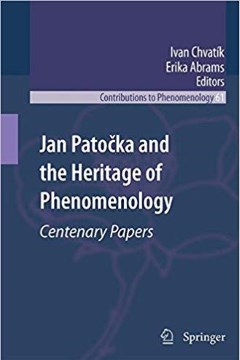Repository | Book | Chapter

(2011) Jan Patočka and the heritage of phenomenology, Dordrecht, Springer.
At the core of Jan Patočka's formulation of his concept of the "solidarity of the shaken" in the Heretical Essays is a reflection, inspired by Ernst Jünger and Martin Heidegger (among others), on what has become a central metaphor of war in the twentieth century: the front line experience. Patočka's reflections are characteristic of a relatively small but significant trend within philosophy – and phenomenological or existential philosophy in particular – to interpret the trauma, shock, and extremity of the front line experience as paradigmatic of the spiritual reality of the twentieth century, as if war itself had become the fundamental phenomenon that had brought to light the metaphysical essence of the age. This paper argues that this insistence on the centrality of war as "the line" is a key, if often undeveloped aspect of the phenomenological tradition, and that it has played an important role in the orientation of phenomenology as a reflection on the spiritual condition of the age. To understand what is at stake in these "reflections on violence," and come to terms with the questions and problems they have raised for us, is essential to any assessment of the legacy of phenomenological philosophy in general, and perhaps of Jan Patočka in particular.
Publication details
DOI: 10.1007/978-90-481-9124-6_16
Full citation:
Dodd, J. (2011)., The twentieth century as war, in E. Abrams & I. Chvatík (eds.), Jan Patočka and the heritage of phenomenology, Dordrecht, Springer, pp. 203-214.
This document is unfortunately not available for download at the moment.



